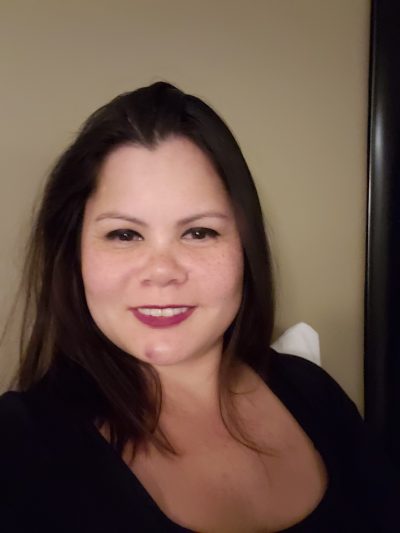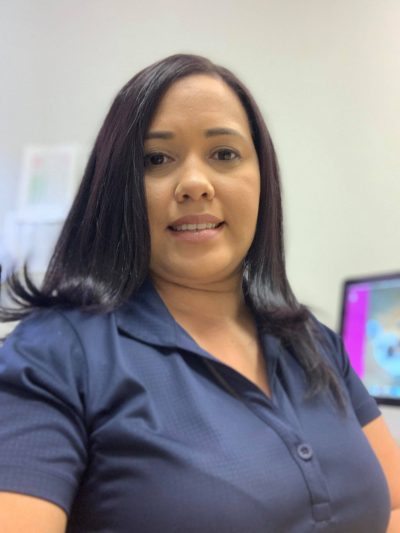The Language of Culture

 By Ha Bui-Le (Left) and Yaritza Solero (Right) – Program Supervisors and Family Clinicians
By Ha Bui-Le (Left) and Yaritza Solero (Right) – Program Supervisors and Family Clinicians
In 2017, COMPASS grew its footprint in Massachusetts by opening an office in Worcester for its Community Services program staff. Worcester, Massachusetts is the second largest city in the state and is home to over 185,000 people within the confines of its 39 square miles. It also boasts a diverse population; its makeup is 48% white, 21% Hispanic or Latino, 12% African American, 8% Asian, and 11% other (Data USA). Over the past year alone, COMPASS staff served 90 families in Worcester city limits, equating to approximately 450 individuals. COMPASS’ staff are representative of its clients that are served on a daily basis by exhibiting diversity in a multitude of ways (i.e. race, gender, ethnicity, language, etc.). By possessing similar backgrounds to clients, COMPASS staff are able to provide tailored and individualized plans for success due to their extensive knowledge of cultural and societal pressures that their clients face.
As Worcester Program Supervisors and Family Clinicians, we, Ha Bui-Le and Yaritza Solero, believe that it is important for all COMPASS staff, no matter their backgrounds, to be aware of the complexities and idiosyncrasies of the many cultures that make up COMPASS’ client base. These nuances can take the form of predetermined gender roles, the influence of religion, family dynamics, language barriers and context, and generational roles and interactions. For example, in our cultures (Vietnamese and Puerto Rican, respectively), we were taught not to make eye contact with elders as a sign of respect. We have experienced multiple cases with clients where there have been misunderstandings when another culture perceives a lack of eye contact as disrespectful. These situations can provide an opportunity for all of us as COMPASS staff to empower clients to advocate for themselves and provide language for them to express their culture.
I am Ha Bui-Le, the oldest daughter from an immigrant family of Vietnamese descent, and I also grew up in the city of Worcester. Raised in a family with traditional values, I gained a deep understanding of Vietnamese cultural values, especially when it comes to mental health. I always knew that I wanted to be a therapist ever since I was in the sixth grade; I couldn’t even spell “psychology”, but I knew I wanted to help people by validating and supporting their challenges. Within the Vietnamese culture, there can be a stigma around mental health because it has been seen as having a negative effect on a family’s reputation. This stigma has been lessening over time as awareness has been brought further into the Vietnamese community and culture. More recently, I have had to do additional research into the Vietnamese language to develop phrases to use with clients when referring to mental health that translate to “treating the mind” instead of using a phrase that translates to “crazy”.
I am Yaritza Solero, and I was born in Puerto Rico to a single-mother before moving to the Greater Worcester area in 1989. Like Ha, I was raised in a family that had strong values; faith was our foundation. After moving to the Greater Worcester area, I struggled to learn English and adapt to the culture in my new home. Throughout my life, I have been fortunate to receive assistance from various community organizations that allowed me to feel like I belonged and was fully supported in following my dreams. This unwavering support has led me to pursue a career in mental health and social work where I can connect those in need with support systems of their own. In addition, my own background has been invaluable to working with the large Hispanic population in Worcester. Similar to Vietnamese culture, the Hispanic culture has had a negative stigma attached to mental health; the Hispanic population has traditionally turned primarily to faith as a way to manage these challenges. By having this firsthand experience in the Hispanic culture, I am able to work with families through their cultural lens to assist them in achieving success.
In conclusion, we both wholeheartedly believe that when staff are “versed in multiculturalism, you can be versed in family dynamics.” The diversity of COMPASS’ staff is another reason for its status as a leading provider of human services and special education in Massachusetts.